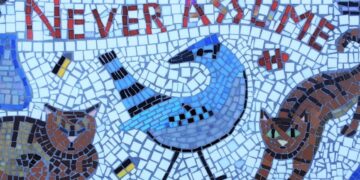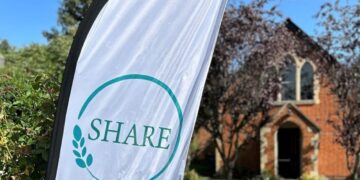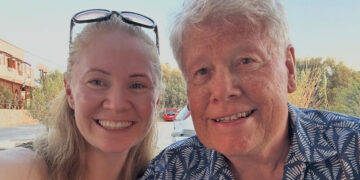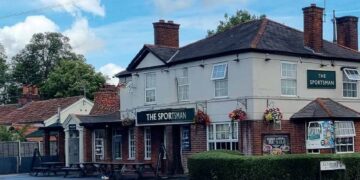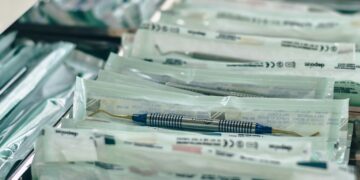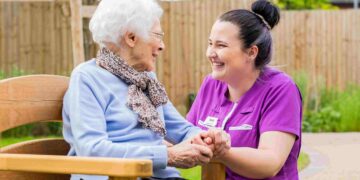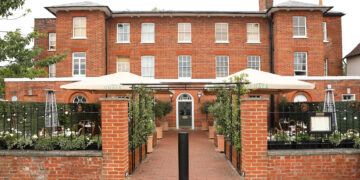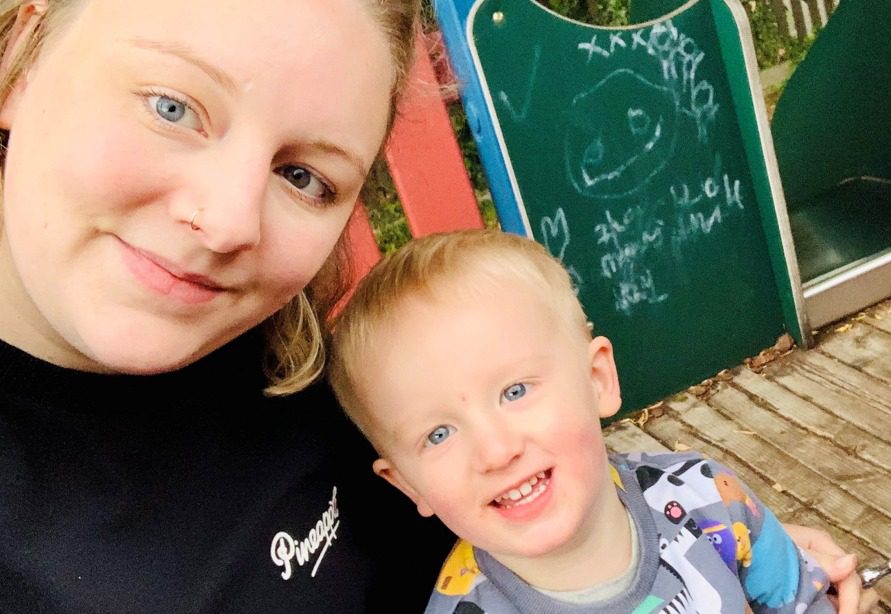READING’S Plasma Donor Centre held a reopening ceremony following improvements which will see 5,000 more plasma donations given every year.
Spencers Wood resident Kathryn Allman, 34, whose baby son Alex received pasma medicine after exposure to measles, was in attendance as well as Gerry Gogarty, NHS Blood and Transplant Director of Plasma for Medicines, and David MacIntosh from Plasma Action.
The centre is now “bigger and brighter”, with 12 plasma donation chairs instead of nine. Other features include wifi, new chairs, fittings and reception desk, modern screening booths, and a donor snack station.
Babies under six months can’t have the MMR jab so Alex had no antibodies to protect him, but donor antibodies in the plasma medicine boosted his immune system, protecting him from the potentially serious complications which can occur if the infection reaches the brain or lungs.
Kathryn said: “We were told measles can even lead to death. Immunoglobulin gave me that peace of mind. It made all the difference to Alex and us.
“I’m so excited to see the donor centre has been refurbished because we need more donors. Donation is quick and the staff are such good fun. You’re donating a medicine in you which saves lives – plus you get free snacks.”
Plasma is made into lifesaving medicines which are used to treat more than 50 diseases.
Reading’s facility is one of only three plasma donation centres in England, making the town a hotspot for donation.
Over the past 12 months, the centre has collected around 7,000 donations, but must reach around 12,000 over the next year to reach donation targets and boost NHS supplies.
Plasma is part of your blood, it is a yellow liquid that carries everything around the body. During donation, a machine gradually separates out up to 700mls of plasma from your blood.
Most people aged from 17-65 can donate, and the process takes around 35 minutes, with the entire visit taking an hour.
More than 500 people from the Thames Valley receive plasma medicines every year and more donors are needed.
The NHS has relied on imports for more than 20 years as a precaution against vCJD but supplies can be affected by high prices and international shortages.
The Medicines and Healthcare products Regulatory Agency (MHRA) said in 2021 that plasma from UK donors can again be used for these medicines and NHSBT is now taking donations to bolster supplies in England.
For more information or to register as a donor, visit: www.blood.co.uk/plasma




